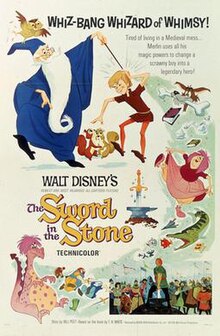I read:
Thoughts:
Ghost Summer Stories by Tananarive Due: Reviewed earlier this month.
The Templeton Twins Have An Idea by Ellis Weiner: Similar, but not nearly as wonderful as A Series of Unfortunate Events.
Horror Library+: The Best of Volumes 1-5 edited by R.J. Cavender: Reviewed earlier this month.
To All the Boys I’ve Loved Before by Jenny Han: Oh, teen romance novels.
Slow Boat to China by Kim Chew Ng: Reviewed earlier this month.
The Whispering Trees by J.A. White: Not as awesome the previous book.
Purity by Jonathan Franzen: I liked it more than The Corrections, but as I read the last sentence, the thought meaningless came to mind.
The People in the Castle by Joan Aiken: Reviewed earlier this month.
Yuki Chan in Brontë Country by Mick Jackson: Reviewed earlier this month.
Favourite book:
I didn’t really have a book that I really loved this month. I didn’t have a very I-like-things sort of month. Lice were involved.
Most promising book on my wishlist:
I watched:
I wrote:



























